Have you also noticed concentration problem in your Kids?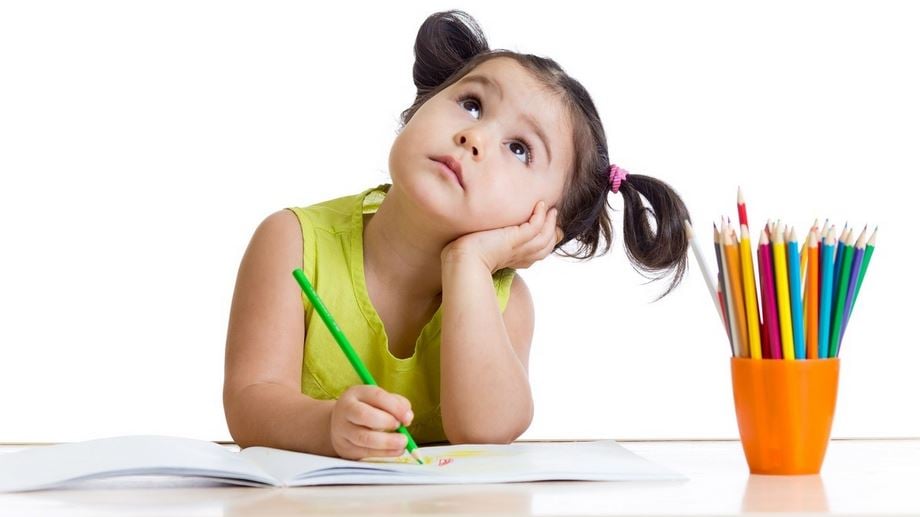
Have you ever find books are open and your kid is watching outside of the window, dreamy expression on his face, or your kid used to frequently lost in dreams when he is supposed to be studying? Or he has an habit of fidgeting while he is trying to finish his school homework? It seems your kid is suffering from poor concentration or have an attention deficit. It’s normal for children to occasionally forget their homework, day-dreaming during class, act without thinking, or get fidgety at the dinner table. Parents can definitely help their children to improve their concentration power. This article helps parents to learn more about how to improve concentration power in children.
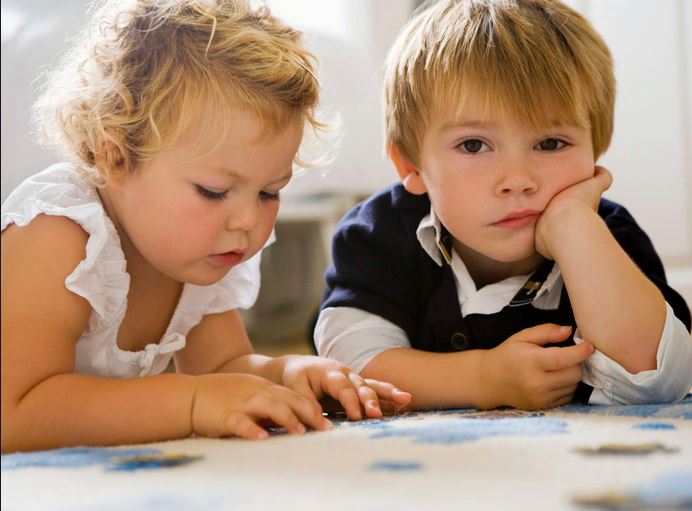
Grown up people can improve their concentration with some special exercises, however, with children, one needs to use a different strategies, because children are naturally energetic and exuberant and we cannot expect them to focus completely and not get distracted at all! But, having said that, it is possible to help your child focus on a task and increase concentration skills for a longer period of time.
Tips to Help Increase Your Child’s Concentration
1. Keep Away From Distraction
Children gets distracted to comic books, TV, video games, outside noise of playing kids coming out of window, any scene like birds flying, clouds in the sky etc. Children have great imagination power, they could distract from anything. Hence it’s ideal to remove everything from your child’s study area, to prevent distraction.

So the Best way is to keep the ambience soft and soothing. Soft instrumental music and soft lighting helps to set the mood for studying. Also keep in mid that study room should not have toys, comics, cell phone and gadgets that could distract your child. Even parents should not discuss or talk about anything in front of their children while they study, as that too can easily take your child’s focus from his studies.
2. Essential Diet
If you want your child to focus better, make sure they eat better. Micro nutrients such as zinc, selenium, iron, copper and Vitamins A, C, D, E are known to be important for cognitive functions.

Make sure your kids diet include Omega-3 fatty acids, Anti-oxidant-rich berries such as blueberries, raspberries, and strawberries, Oatmeal’s, Eggs, Avocados and Beans and lentils. These foods helps your kids to boost brain power, memory and concentration.
3. Set small targets:
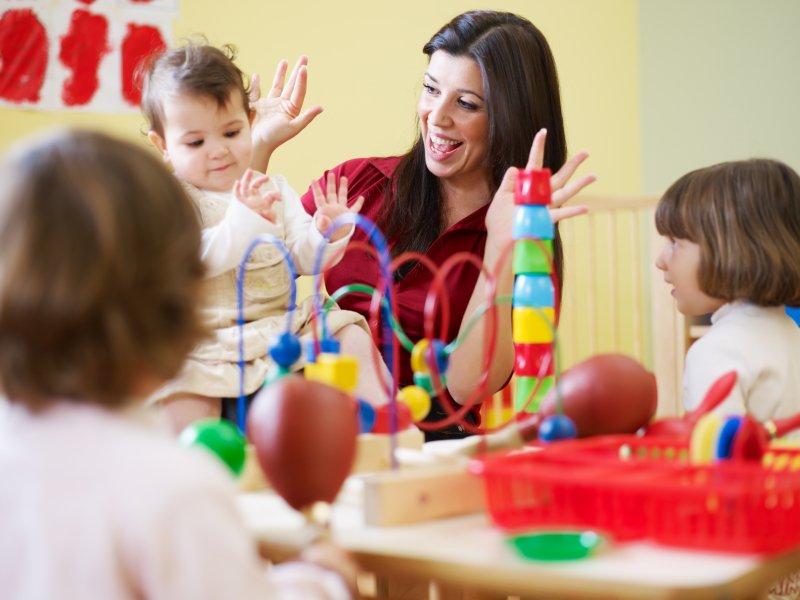
As we know doing small projects, which lead to the completion of a major project, give the feeling of progress and movement, this strategy works for everyone, when kids are assigned with small tasks they tend to complete it with more enthusiasm and energy. A big task that requires more time, dedication and focus, might seem intimating and overwhelming, and can awaken reluctance to tackle. A small task seems easier to carry through and there is less resistance and obstacle.
4. Television and Cell Phones

Kids develop a habit of doing home work while watching TV, or they might addicted to cellphone intact they can get attracted to any gadgets like iPads, cell phones etc. So all gadgets need to be switched off or kept in a different room to avoid distractions. Children learn from their surrounding activities so need to also reduce your screen time. Watch TV with kids for limited time period.
5. Keep a watch when kids are using computer
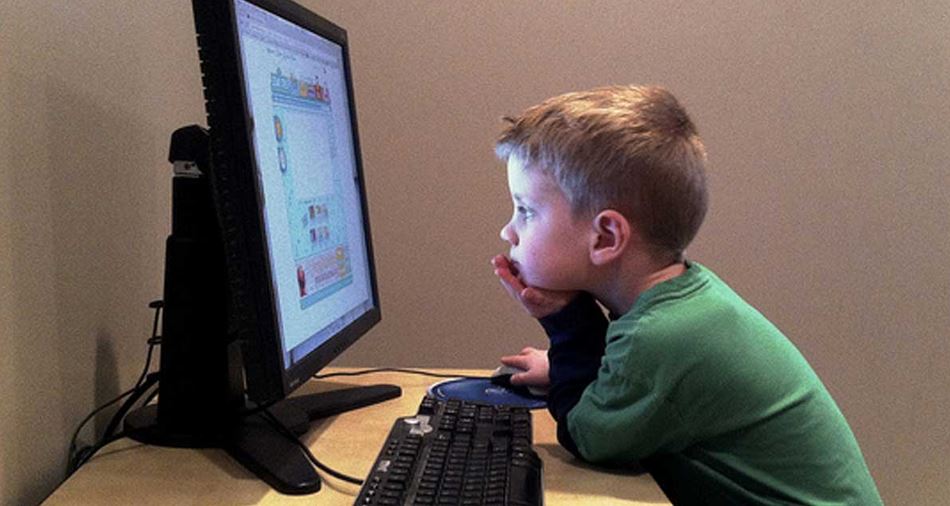
If you need to use a computer to study, make sure that it is used only for studying and nothing else. But now a days, almost all children play video games in one form of another using computer, It will be good if child’s computer gaming was limited to educational programs but the reality is that the computer games children play are primarily for pure entertainment, not for education. So you have to make sure your kid’s computer have memory games like crossword puzzles, card games like “Memory and “UNO”, Jigsaw puzzles and similar games that will not only be fun to play but will also improve child’s attention to numbers, words, pictures which will definitely improves their concentration.
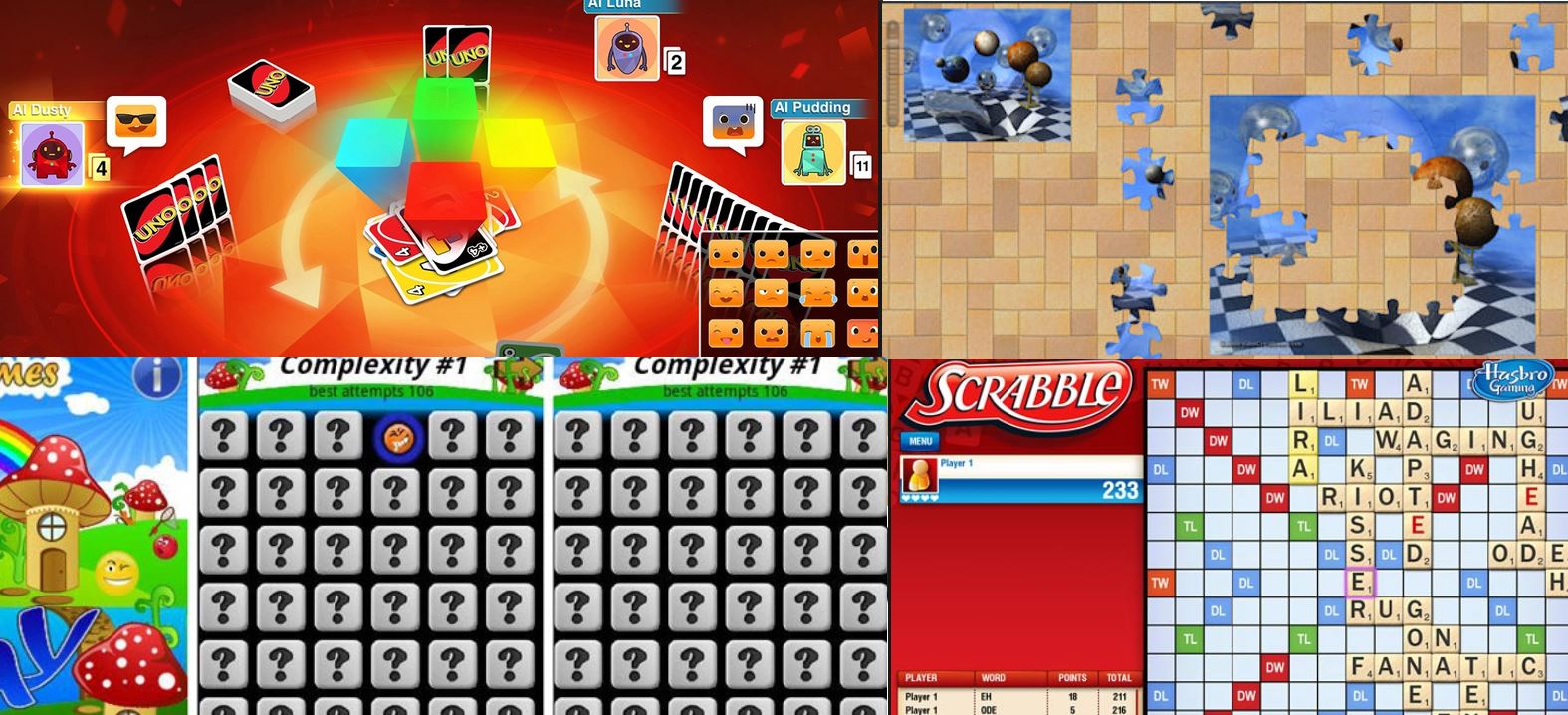
Keep in mind that when children play age-appropriate computer games in modzration the research generally indicates that little (if any) harm comes from this.
6. Create a schedule for all activities

It is very helpful if you will make a flexible time table for your kids activity. Make a chart for their daily routine and ask them to complete all task on time, you should not have strict time table but yet have one. for example, after completing their homework let them play some outdoor games, give some snacks and then let them sleep and take rest. the child will feel more confident, excited , organized and concentrated after completing all tasks. His brain clock will be set to know when is the studying time and need to concentrate more.
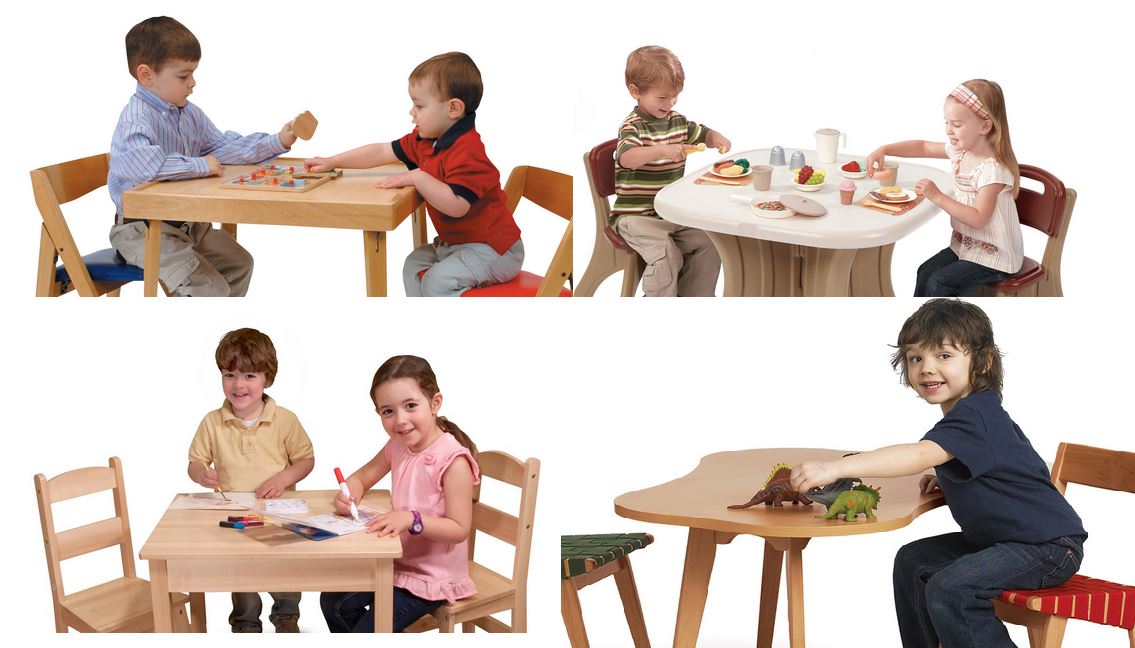
7. Right approach in learning

Every child has a unique mind set of accepting new learning, so try different methods and techniques of acquiring knowledge. For example some children may learn just by hearing the information in form of some story or some may want to see that practically happening in life, some may learn just by reading the information in form of text.
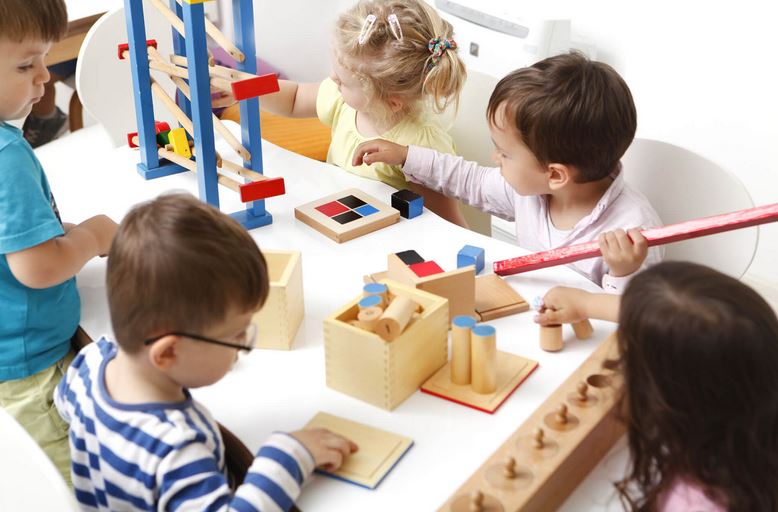
So first try to analyze your kids way of learning things fast and then apply those (Visual, Auditory and Kin-aesthetic) methods.
Visual: If your child learns things after seeing it.
Auditory: If your child learns things after hearing it.
Kin-aesthetic: If your child learns things after touching it.
8. Appreciations

Appreciating your child is like boosting his urge and attempt of trying something. Children always well on praise after even the smallest completed task. For example, when your child complete his or her homework correctly, appreciate him/her with some blessings , kisses, hugs and love.
9. Find out more productive hours
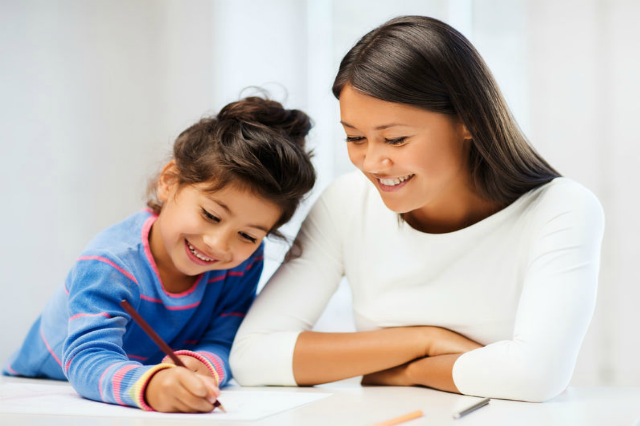
It is not necessary that at every segment of the your child is active and more focused, but there must be some segment of the day when your child must have performed extraordinary, try to find out those hours and situations when your child performed well in terms of learning and focusing. So your task is to use your kids energy maximum at that time , assign some tougher task in terms of concentration and focuses so that he/she can utilize that time and get focused more.
10. Opt some yoga and exercises for your kids.
There are some yoga positions and exercises that helps in improving concentration power. The Yogabhyasa approach strengthens a kid’s belief in his / her inborn, natural ability to grasp things, get better and succeed.

a). Concentrate on a point (Tratak Kriya): Take an A4 size sheet and draw a black hole. Make your kid stand five feet away from the paper and ask him to now concentrate on the hole.
b). Salutation Seal (Yog Mudra) : ‘Salutation seal’ is the easiest and most convenient one to do at the time of studies. This pose increases your helps escalating concentration. Just sit cross legged and join your palms together. Keep your spine erect and take deep breaths.
c). Vrikshasana (Tree Pose) : Vrikshasana (Tree Pose) helps improve balance, gives your body a proper posture and boosts concentration.
d). Bhramari Pranayama: Bhramari Pranayamais a breathing exercise that can improve memory and concentration. It can also provide relief from tension and anxiety, both which affect concentration.
Conclusion
Like any skill, concentration can be improved and made automatic. The trick is to be consistent. These 10 tips to increase concentration power are a win/win solution because they not only help improve concentration but also strengthen the relationship that you have with your child.
Don’t forget to share these concentration tips with your friends & family. And do let us know which worked best for you & your child, in the comments below.
You may like:
How To Make Your Smart Problem solver
How to Make Your Kids Emotionally And Mentally Strong
How To Teach Your Kids The Value Of Money & Importance Of Savings
